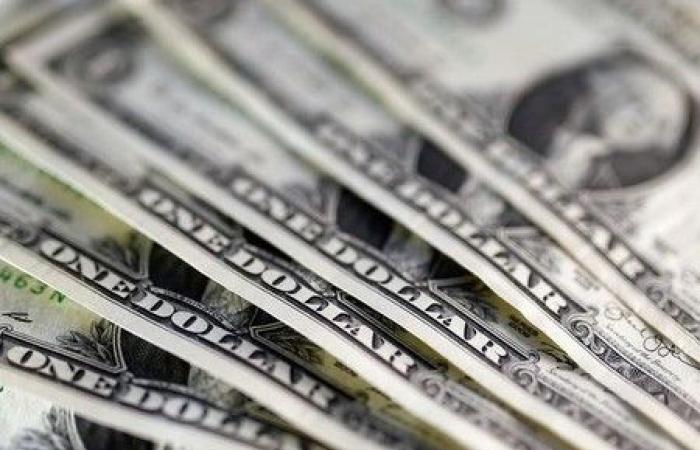
The euro is on track for its biggest monthly decline since January as political uncertainty weighs ahead of French parliamentary elections, while the dollar hit its highest level in nearly four decades against a battered yen ahead of key inflation data.
Investors fear that a new French government will increase tax spending, threatening the sustainability of the country’s public debt and the financial stability of the European Union.
At the same time, traders are cautiously testing Japan’s resolve to protect its currency while keeping a close eye on crucial U.S. inflation data.
The euro was down 0.05% at $1.0695 and is expected to end the month down 1.33%, the biggest since January, when it fell 1.99%.
The risk premium demanded by investors to hold French government bonds rose to its highest level since 2012 on Friday, ahead of the first round of legislative elections this weekend, with investors expecting that a new government led by a far-right or far-left coalition increases budgetary spending.
“Markets remain biased toward a relatively benign scenario of a blocked legislature or a National Rally (RN) government that would only partially implement its program,” said Aman Bansal, director of European rates strategy at Citi.
He added that the spread between French and German government bond yields – a measure of the French debt risk premium – currently at 84 basis points, could widen to 135 basis points if the far right or the far left implements most of its program and President Emmanuel Macron resigns.
“Our eurozone team believes it is too early for a new government to water down its pre-election promises substantially and that September is likely to be a turbulent month,” said Chris Turner, head of foreign exchange strategy at ING.
The yen hit 161.27 per dollar, its lowest level since 1986.
“The dollar and yen are very linked to U.S. interest rates,” said Rong Ren Goh, a portfolio manager in the fixed income team at Eastspring Investments in Singapore.
“If the intention is to curb the severe depreciation of the yen, they might also want to save some balls for the occasion when and if US Treasury yields rally again in the second half of the year, which is very possible in the context of Treasury supply and budget deficit problems,” he added.
US PRESIDENTIAL DEBATE
Republican presidential candidate Donald Trump launched a series of sometimes false attacks on President Joe Biden during their first campaign debate in Atlanta, and the dollar appreciated as Biden repeatedly stumbled over his words during the early exchanges.
“Biden misspoke,” said Jason Wong, market strategist at BNZ in Wellington.
That increased the chances of a Trump presidency and import tariffs, he said, noting that traders were buying dollars, but the moves were fairly modest.
The dollar index hit an eight-week high of 106.13 on Wednesday, up 1.5% for the quarter so far.
It was the second straight quarterly gain as markets have scaled back expectations for U.S. interest rate cuts over the past six months. The Federal Reserve’s preferred measure of inflation, the personal consumption expenditures (PCE) index, is due later Friday. If its annual growth slows to 2.6% in May, as economists expect, that could pave the way for cuts later in the year.
The biggest loser of the quarter was the yen, which has lost 6% against the dollar since the end of March and more than 12% in 2024 so far.
At 172.38 per euro, the yen reached its lowest level ever recorded in the common currency at the start of Friday. Core inflation in the Japanese capital accelerated in June, data showed Friday, but that did little to support the yen.
Japan’s low interest rates encouraged selling of yen for higher-yielding currencies, even as Japanese yields began to rise and authorities warned of a new round of market intervention exchanges.
On Friday, Japan replaced Masato Kanda, chief diplomat in charge of monetary issues, with Atsushi Mimura, an expert on financial regulation. Finance Minister Shunichi Suzuki said authorities were “deeply concerned” about the impact of the yen’s “rapid and unilateral” movements.





